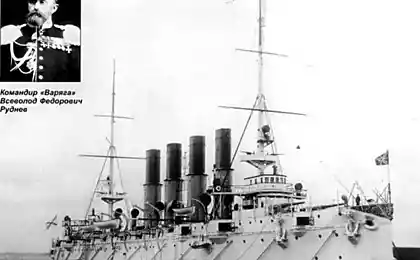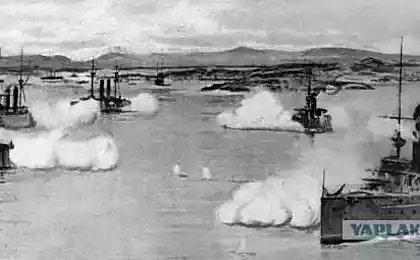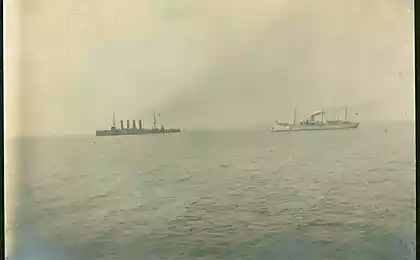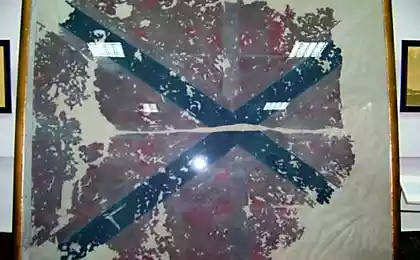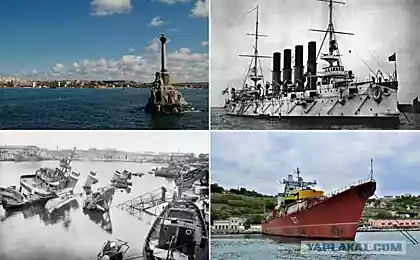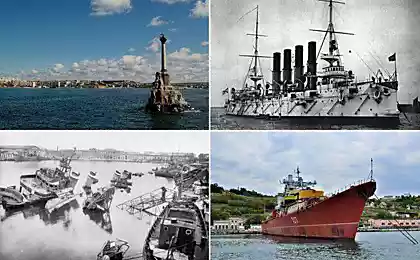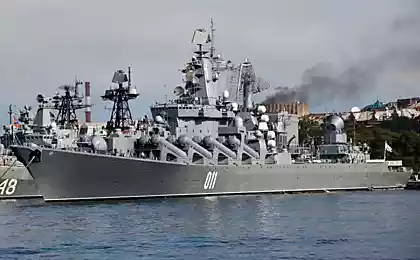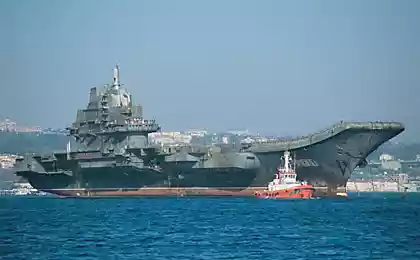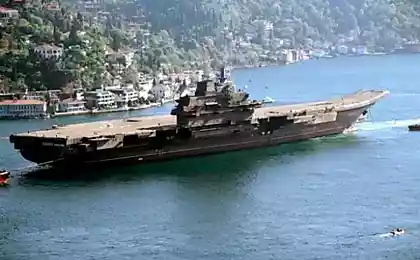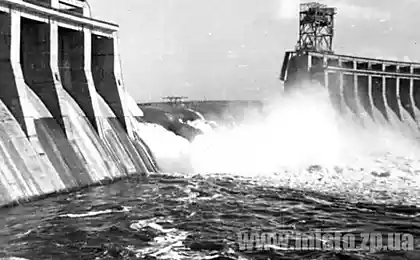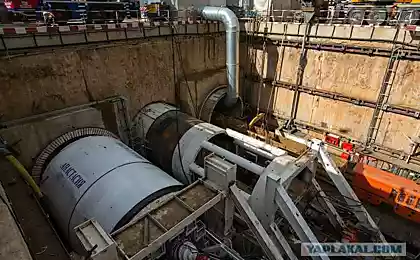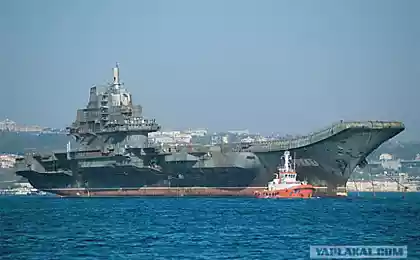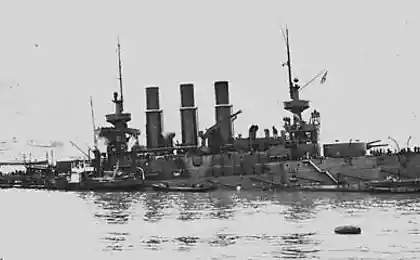1044
The enemy does not surrender our proud "Varyag" (29 photos)
The author writes, parovoz:
On my desk almost by accident hit album The Russo-Japanese War («the Russian-Japanese war"), published in England in 1904. Actually, the war has not yet been formally completed, so that the photos in the album, we can say with piping hot. I offer you a small sample (total 144 album pages and more than 300 photographs). Quality, of course, is mediocre, but like those pictures in the Soviet and post-Soviet press have not been published.
The division of the Russian army, mobilized in southwestern Russia
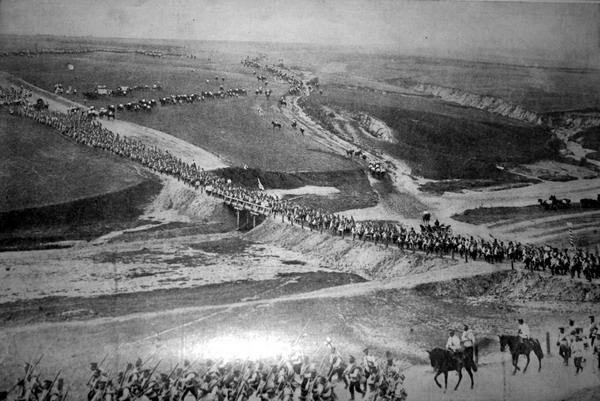
Burning cruiser "Varyag" in the harbor Chemulpo
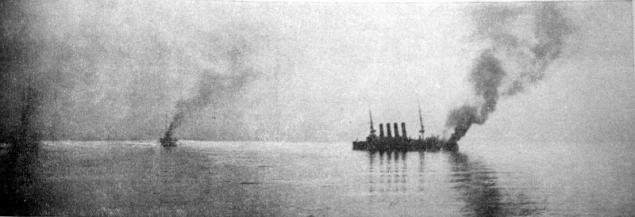
The tops of the towers of the cruiser "Varyag", submerged in the harbor Chemulpo
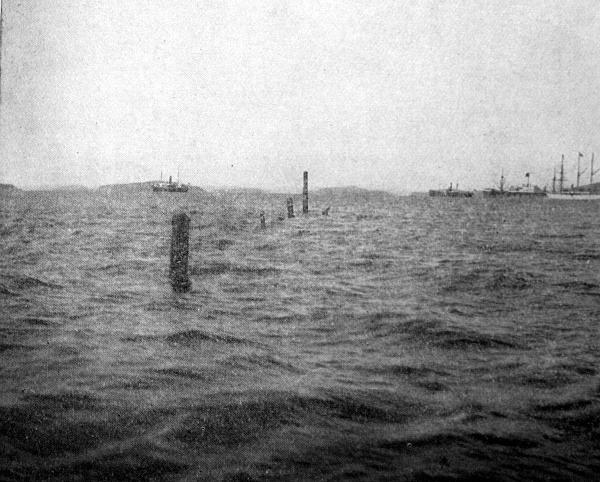
Pipe gunboat "Korean", sunken February 9
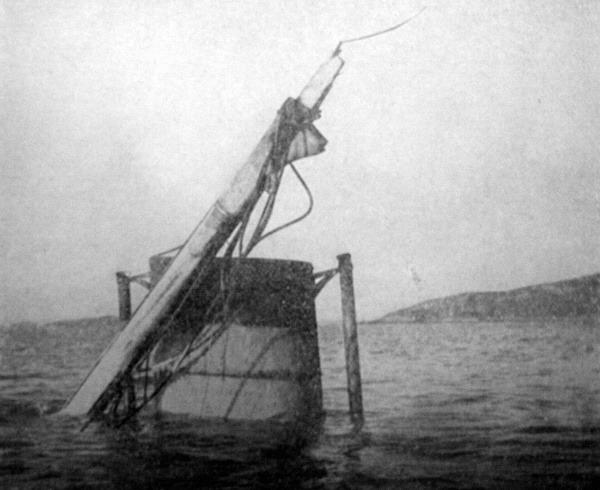
Explosion gunboat "Korean»
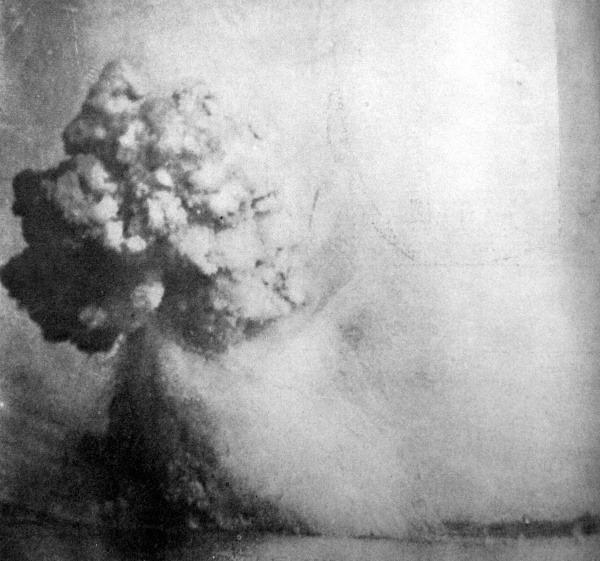
The cruiser "Varyag" before the fight in Chemulpo
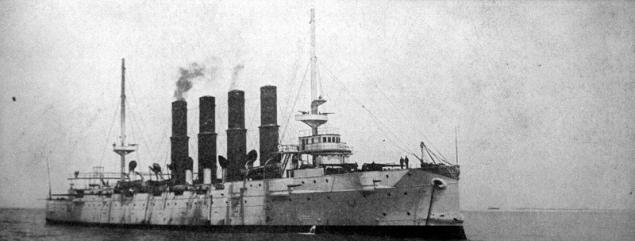
Russian warships in Chemulpo the day before the death of

Battleship "Retvizan." It was built in Philadelphia in 1900. Displacement 12,700 tons. Armor thickness of 230 mm. Speed 18 5 knots. Four 12-inch 12 6-inch, March 20-inch and 26 small-caliber guns.
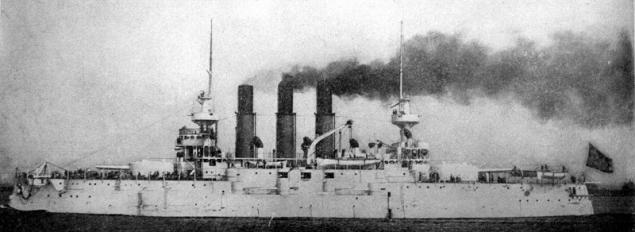
Protected cruisers "Pallada". Built in St. Petersburg in 1899, 6600 tons displacement. The speed of 20 knots. Six 6-inch, 20 March and 8-inch small-caliber guns.
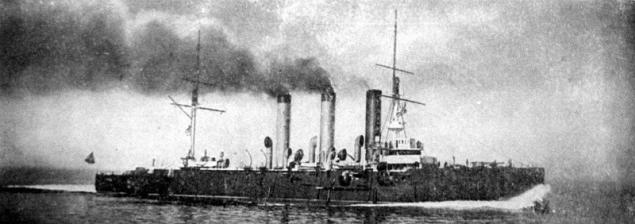
The battleship "Tsarevich". Built in 1901 in Seyne. Displacement 13 th. Tons. The thickness of the armor from 222 to 248 mm. The speed of 18 knots. Four 12-inch 12 6-inch, March 20-inch and 32 small-caliber guns.
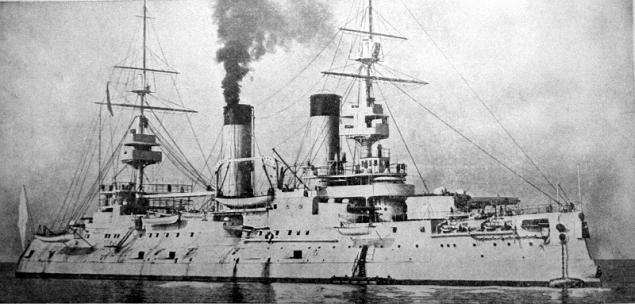
Battleship "Retvizan" on the rocks at the entrance to the harbor of Port Arthur

Russian cavalry on the ice lake. Baikal
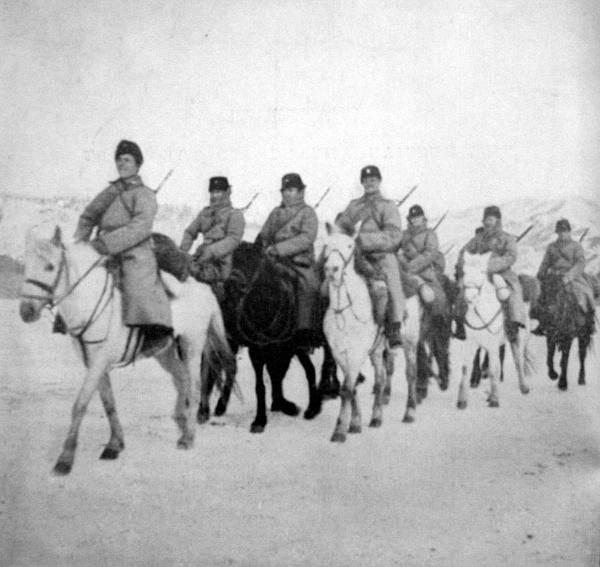
Carts with artillery on the ice lake. Baikal
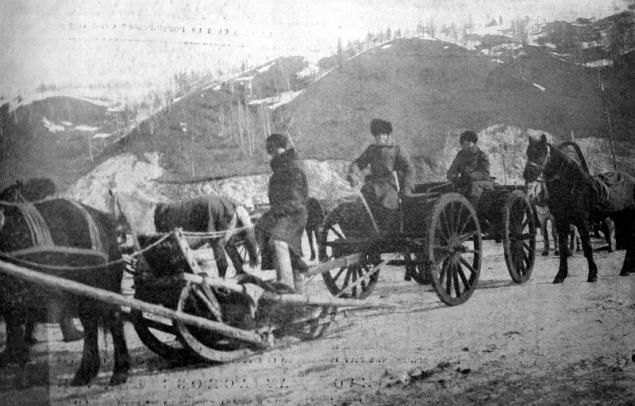
Railway Transportation horse-drawn carriages traction on the ice lake. Baikal
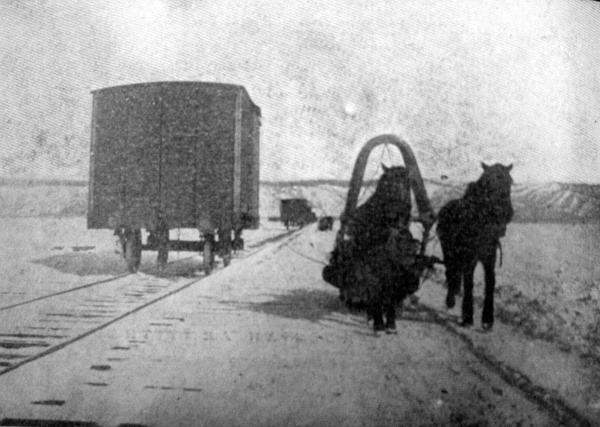
23th Artillery Brigade sent to the front from Gatchina
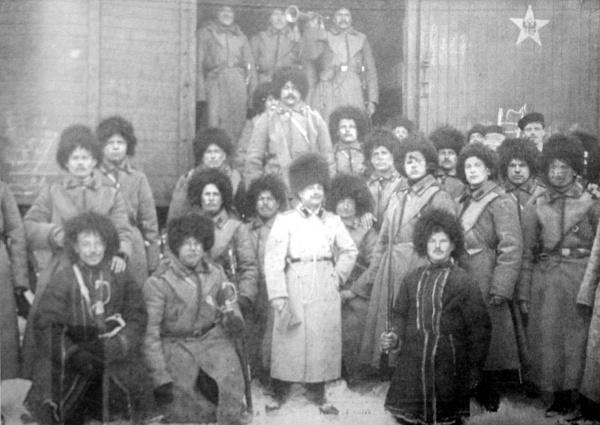
Russian artillery and soldiers on the way to the front
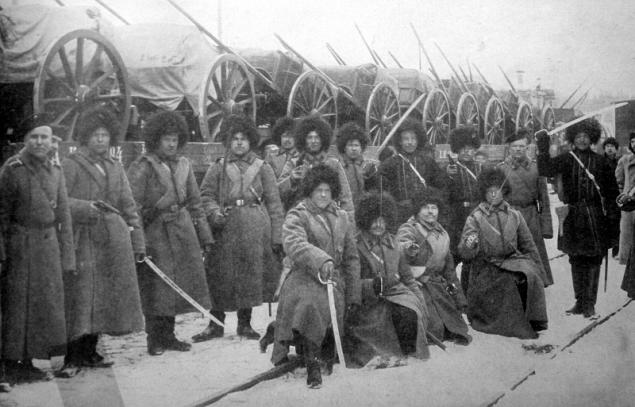
Russian infantry marching on Liaoyang
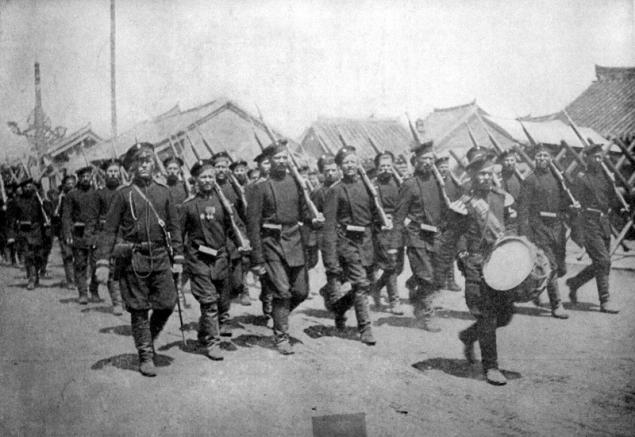
Cossack officer in Mukden
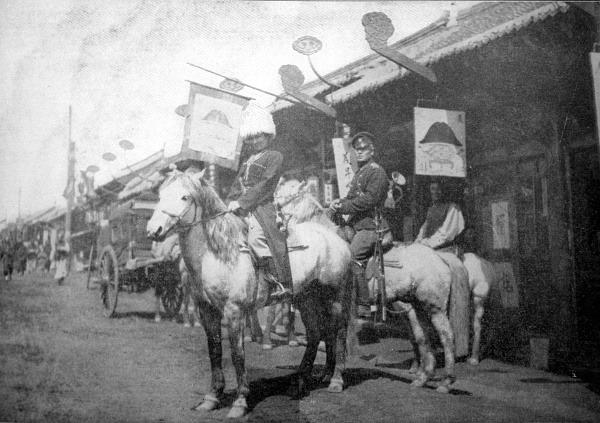
Russian guns "Maxim", captured by the Japanese during the two-day Battle of the Yalu River
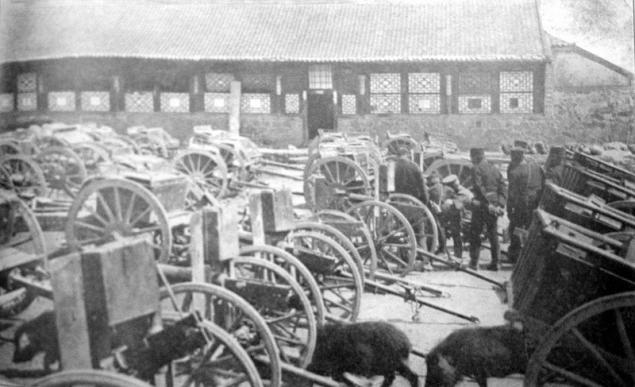
Japanese medics carry a wounded Russian soldiers after the battle at p. Yalu
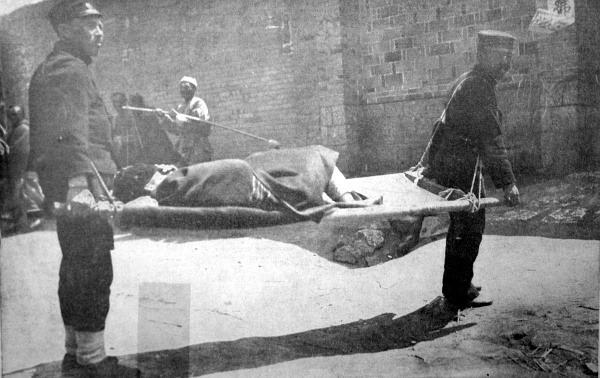
Japanese bury two Russian officers killed at Tyurenchena

General Baron Kaulbars welcomes surviving sailors of the "Varyag" and "Korean" on their arrival in Odessa
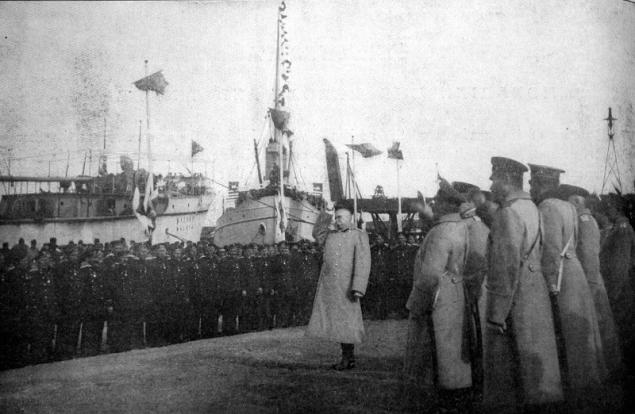
Crews "Varyag" and "Korean" swim along the Neva to the Winter Palace
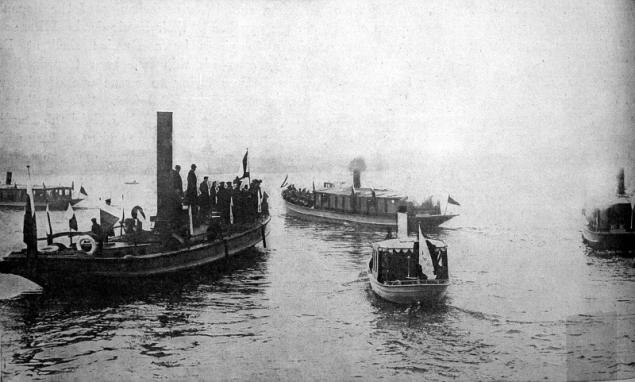
General Kuropatkin awards soldier crosses of St. George, Liaoyang
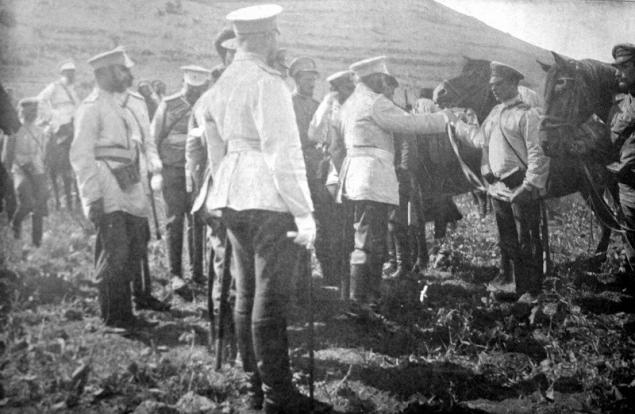
Negotiations at Port Arthur: Japanese and Russian white flags
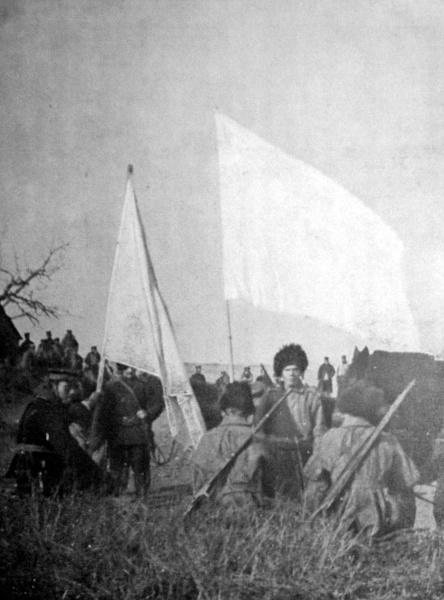
General Stoessel at the station waiting for a train to the Far after the surrender of Port Arthur
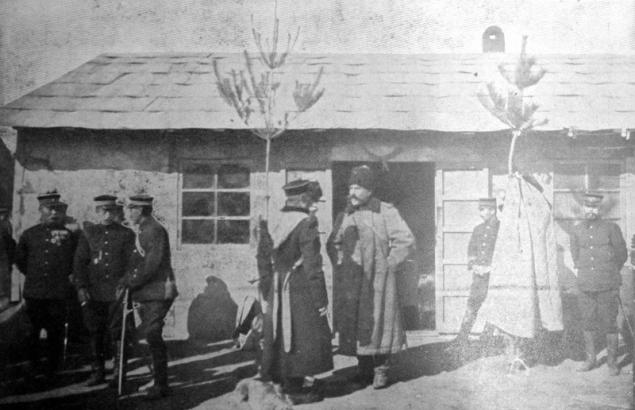
Fire on engineering warehouses in Port Arthur, the Japanese set on fire projectiles
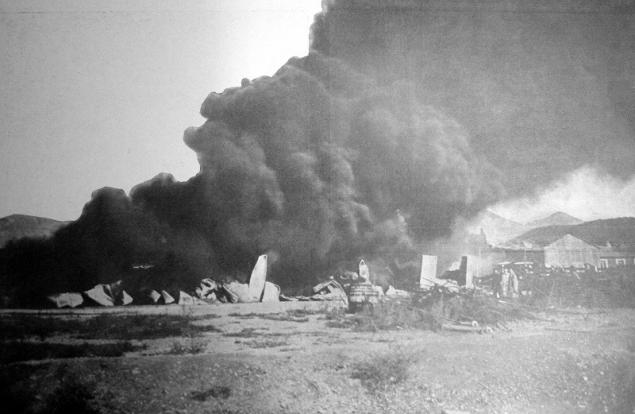
Russian troops retreating from Mukden, crossed the frozen river
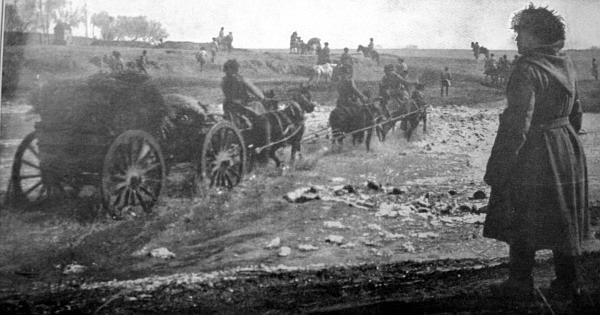
Battleship "Sisoy Great." Built in 1894; displacement of 8800 tons, four 12-inch and six 6-inch guns, 18 guns of smaller caliber, six torpedo tubes.
via
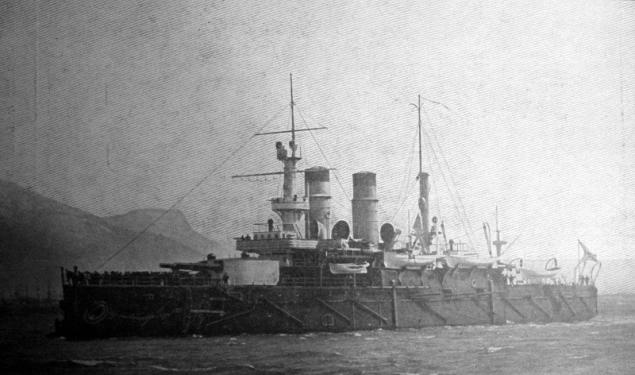
Source:
On my desk almost by accident hit album The Russo-Japanese War («the Russian-Japanese war"), published in England in 1904. Actually, the war has not yet been formally completed, so that the photos in the album, we can say with piping hot. I offer you a small sample (total 144 album pages and more than 300 photographs). Quality, of course, is mediocre, but like those pictures in the Soviet and post-Soviet press have not been published.
The division of the Russian army, mobilized in southwestern Russia

Burning cruiser "Varyag" in the harbor Chemulpo

The tops of the towers of the cruiser "Varyag", submerged in the harbor Chemulpo

Pipe gunboat "Korean", sunken February 9

Explosion gunboat "Korean»

The cruiser "Varyag" before the fight in Chemulpo

Russian warships in Chemulpo the day before the death of

Battleship "Retvizan." It was built in Philadelphia in 1900. Displacement 12,700 tons. Armor thickness of 230 mm. Speed 18 5 knots. Four 12-inch 12 6-inch, March 20-inch and 26 small-caliber guns.

Protected cruisers "Pallada". Built in St. Petersburg in 1899, 6600 tons displacement. The speed of 20 knots. Six 6-inch, 20 March and 8-inch small-caliber guns.

The battleship "Tsarevich". Built in 1901 in Seyne. Displacement 13 th. Tons. The thickness of the armor from 222 to 248 mm. The speed of 18 knots. Four 12-inch 12 6-inch, March 20-inch and 32 small-caliber guns.

Battleship "Retvizan" on the rocks at the entrance to the harbor of Port Arthur

Russian cavalry on the ice lake. Baikal

Carts with artillery on the ice lake. Baikal

Railway Transportation horse-drawn carriages traction on the ice lake. Baikal

23th Artillery Brigade sent to the front from Gatchina

Russian artillery and soldiers on the way to the front

Russian infantry marching on Liaoyang

Cossack officer in Mukden

Russian guns "Maxim", captured by the Japanese during the two-day Battle of the Yalu River

Japanese medics carry a wounded Russian soldiers after the battle at p. Yalu

Japanese bury two Russian officers killed at Tyurenchena

General Baron Kaulbars welcomes surviving sailors of the "Varyag" and "Korean" on their arrival in Odessa

Crews "Varyag" and "Korean" swim along the Neva to the Winter Palace

General Kuropatkin awards soldier crosses of St. George, Liaoyang

Negotiations at Port Arthur: Japanese and Russian white flags

General Stoessel at the station waiting for a train to the Far after the surrender of Port Arthur

Fire on engineering warehouses in Port Arthur, the Japanese set on fire projectiles

Russian troops retreating from Mukden, crossed the frozen river

Battleship "Sisoy Great." Built in 1894; displacement of 8800 tons, four 12-inch and six 6-inch guns, 18 guns of smaller caliber, six torpedo tubes.
via

Source:
